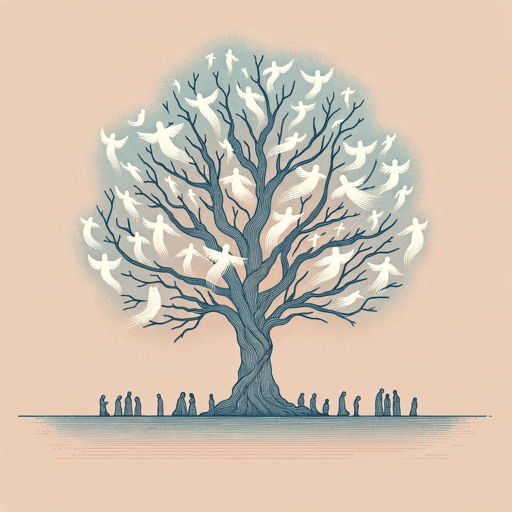51 pages • 1 hour read
Jesmyn WardMen We Reaped
Nonfiction | Autobiography / Memoir | Adult | Published in 2013A modern alternative to SparkNotes and CliffsNotes, SuperSummary offers high-quality Study Guides with detailed chapter summaries and analysis of major themes, characters, and more.
Important Quotes
“What was unspoken in this conversation—and, given the racist proclivities of more than a few of my classmates, I’m surprised that it was unspoken—was that these gangsters, ruthlessly violent and untethered by common human decency, were Black.”
(Prologue, Page 2)
Ward infers the racist stereotypes underlying her classmates’ judgments of New Orleans. As one of the few Black students in her predominately White school, Ward is subject to this racism that generalizes and dehumanizes Black people as harbingers of violence. She counteracts this degrading view of Black people throughout her memoir as she chronicles her own life as well as those of five Black men whom she honors.
“I wonder why silence is the sound of our subsumed rage, our accumulated grief. I decide this is not right, that I must give voice to this story.”
(Prologue, Page 8)
Ward expresses her memoir’s purpose in giving voice to the dead and the suffering. In opposition to the preconceived notions of race imposed on the Black community, Ward seeks to capture the true stories of the Black men she documents in her memoir, complete with complex emotions. Her use of the collective pronoun “our” connects her story to the greater community. The rage and grief that Ward details throughout her memoir represents a greater cumulative grief experienced by the Black community through generations.
“Like all children, they were the children of history and place, of southern Mississippi and Louisiana, both their family lines mixed with African, French, Spanish, and Native ancestry all smoothed to the defining Black in the American South, but even though they would have seen that history bearing fruit in each other, they would not have been thinking about that.”
(Chapter 1, Page 15)
Ward imagines her parents first meeting as children. Though she admits they likely thought of little beyond attraction and emotion, Ward highlights their shared bonds forged by race, location, and upbringing. For Ward, her parents’ shared identity as part of the Black community in the American South is undeniable yet subliminal.
Related Titles
By Jesmyn Ward






